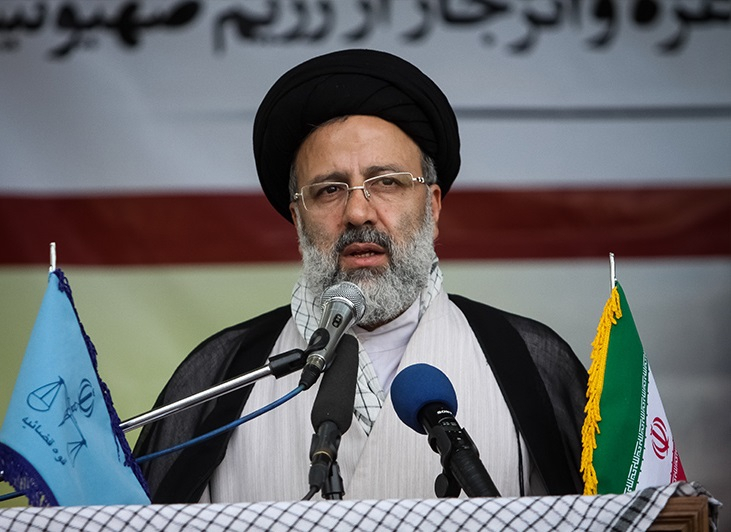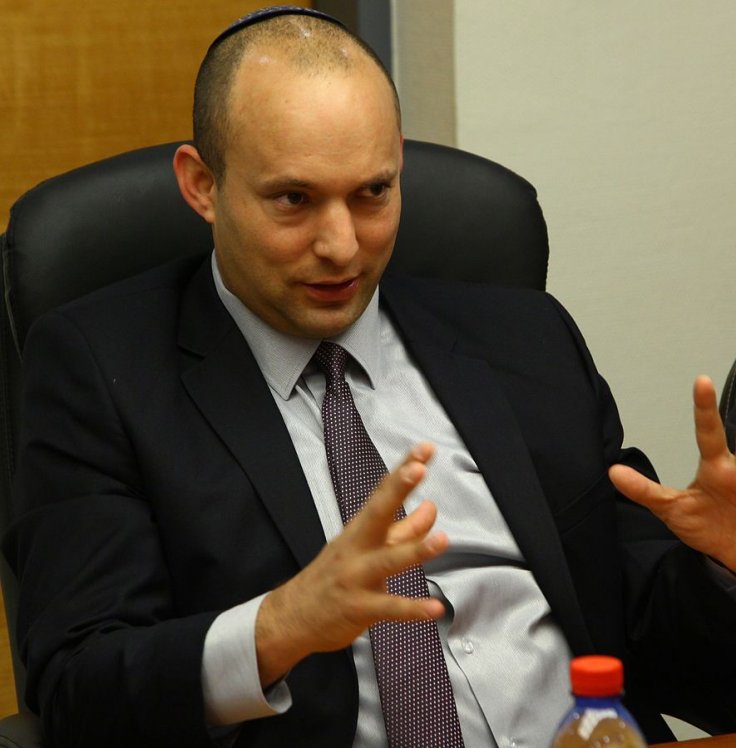Israel's ultra hardline Prime Minister Naftali Bennet came down heavily against the President-elect of Iran, Ebrahim Raisi on on Sunday. Bennett said that, with the election of Raisi, it would be a "regime of brutal hangmen" in Iran.
Raisi secured more than 60 percent of the votes in Friday's election. The landslide victory of the ultraconservative cleric was a foregone conclusion as he had the blessings of the supreme leader.
The protege of Iran's Supreme leader Ayatollah Ali Khamenei has been under US sanctions for human rights abuses.

'Election Engineered by Ayatollah Ali Khamenei'
Raisi has been accused of being part of a massive judicial mission that facilitated the killing of 3,000 members of the Mujahedin-e Khalq (MEK) resistance movement following the end of the war with Iraq.
During a televised cabinet session, the first after assuming office as prime minister, Bennett said Raisi's election was engineered by Ayatollah Ali Khamenei.
"Raisi's election is, I would say, the last chance for world powers to wake up before returning to the nuclear agreement, and understand who they are doing business with," Bennett said, according to Reuters.

The controversy surrounding Raisi stems from the fact that he was an active member of a clerics' committee that authorized the extrajudicial killing of as many as 3,000 members of a resistance movement after the end of the war with Iraq in the 1980s.
"A regime of brutal hangmen must never be allowed to have weapons of mass-destruction ... Israel's position will not change on this," said Bennett, who is leading a coalition government in which centrist leader Yair Lapid is the key player.
According to the Amnesty International, Raisi was a member of the 'death commission'. He "enforced disappearance and extrajudicial executions of several thousand political dissidents in Evin and Gohardasht prisons near Tehran between late July and early September 1988. Victims' bodies were mostly buried in unmarked mass graves," the rights watchdog said in a report.
Who is Ebrahim Raisi?
Born in Iran's holy second city of Mashhad. He was undergoing training to become a cleric in the holy city of Qom during the war. He pitchforked into Iranian politics when he was named the prosecutor-general of the city of Karaj at a tender age of 20.
His marriage with the daughter of a prominent regime figure helped entrench his political career. Later he became the Prosecutor of Tehran and the First Deputy to the Head of Judiciary. In 2019, Raisi became the head of Iran's judiciary.









